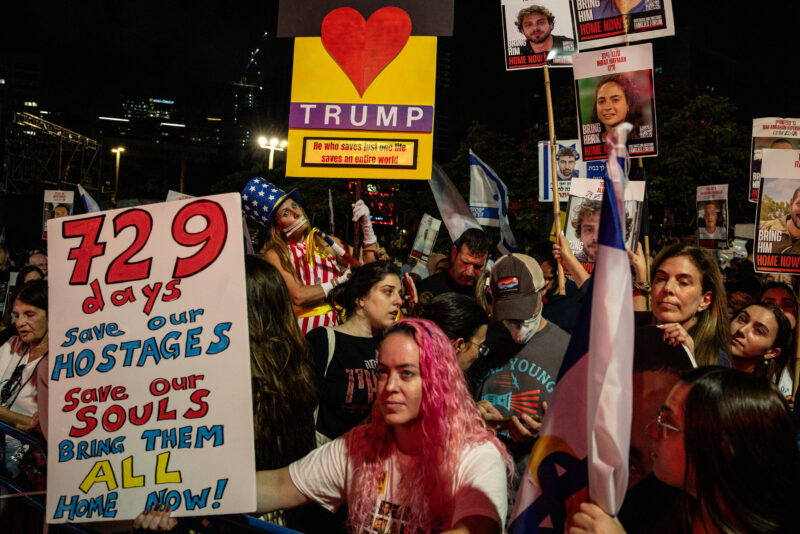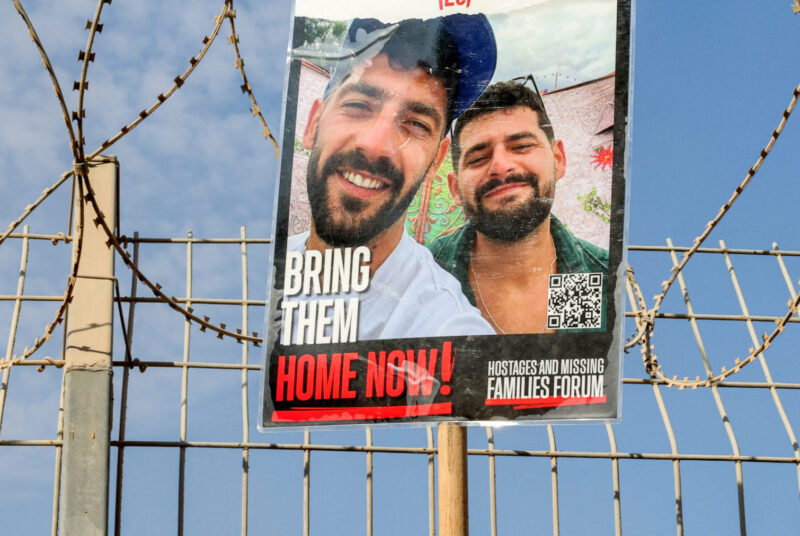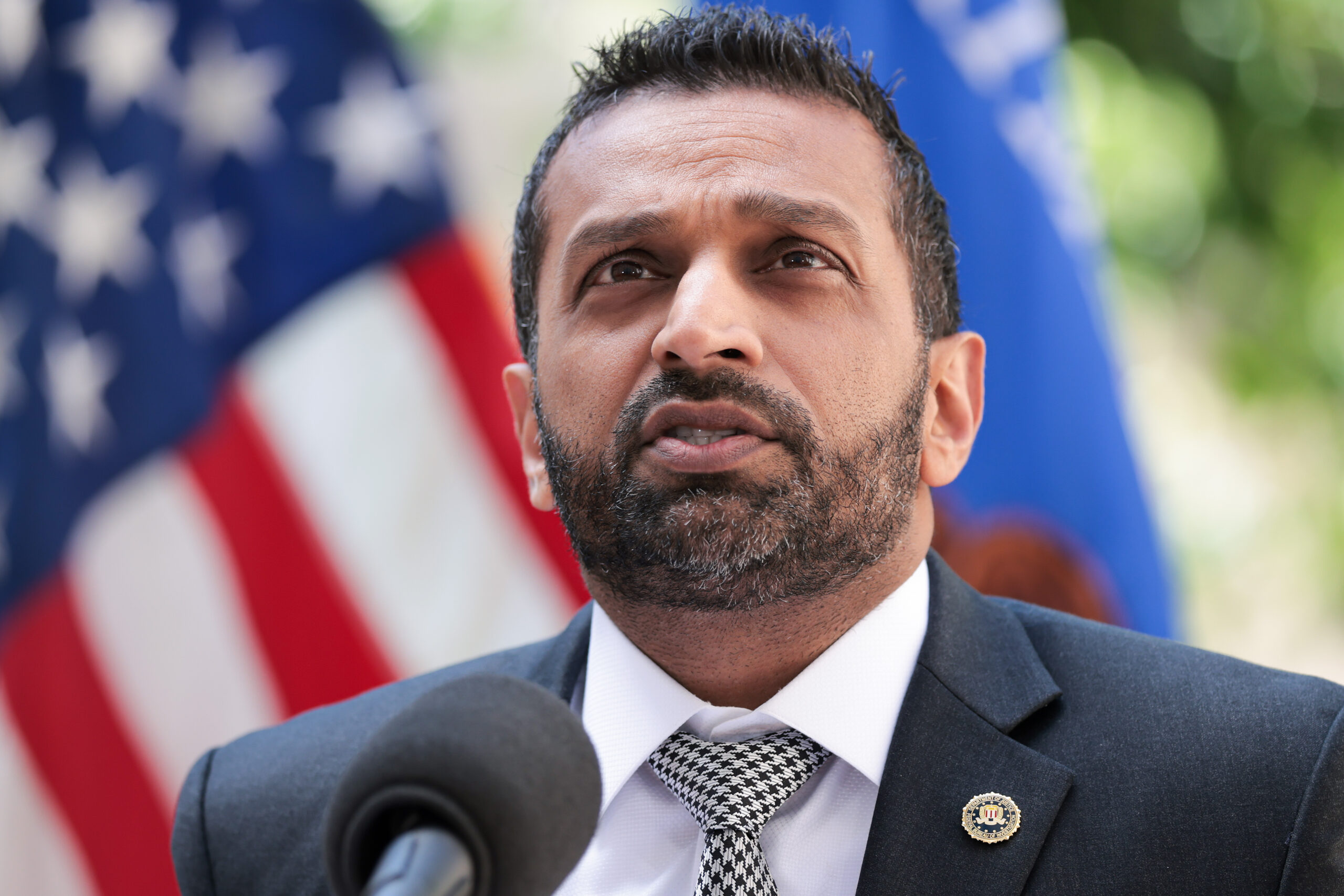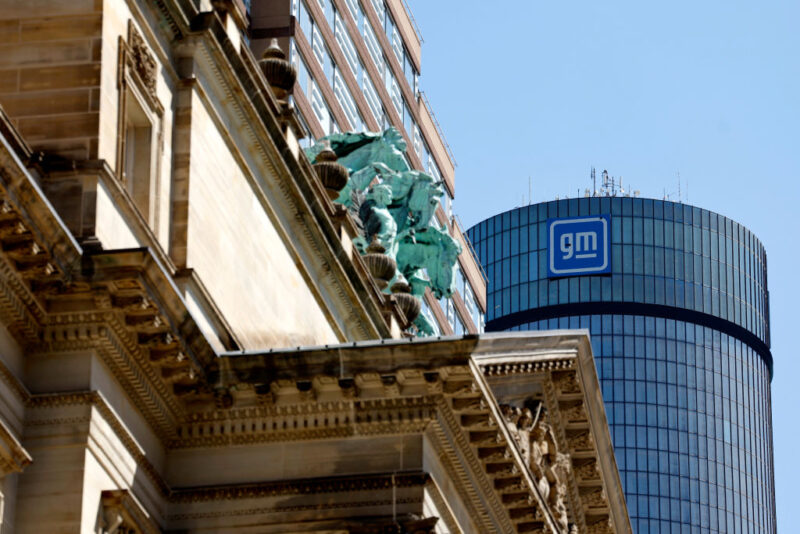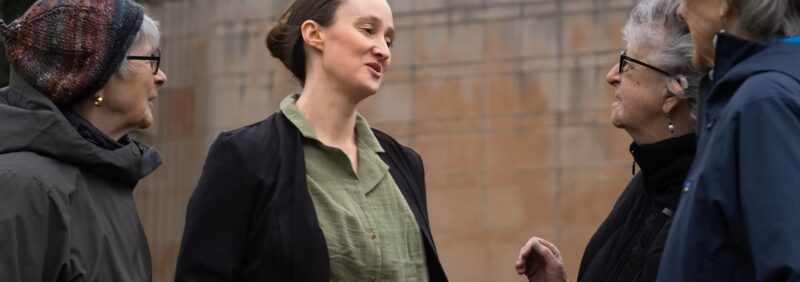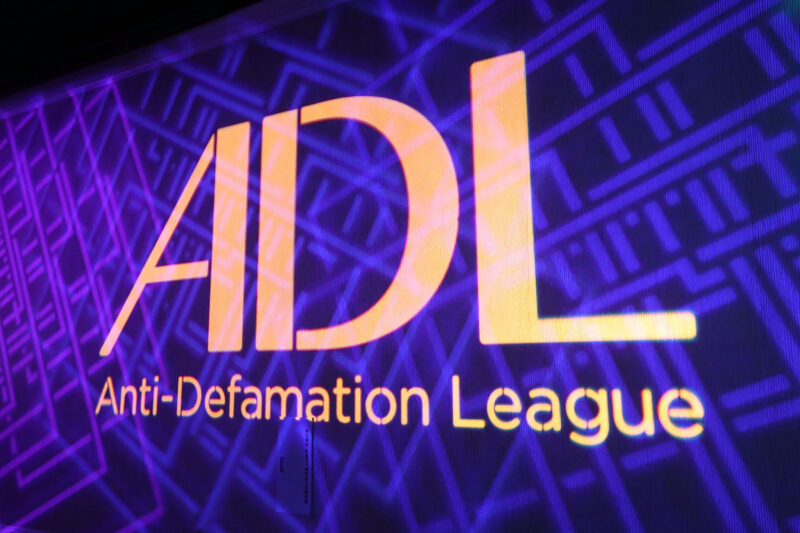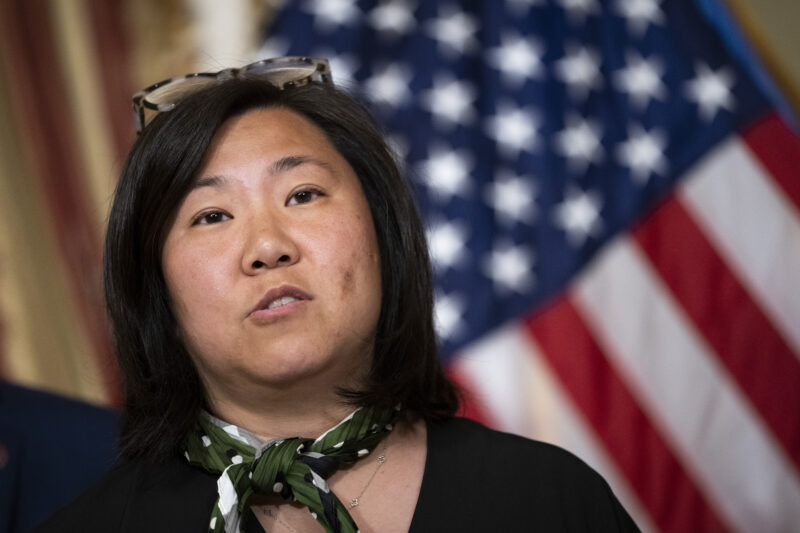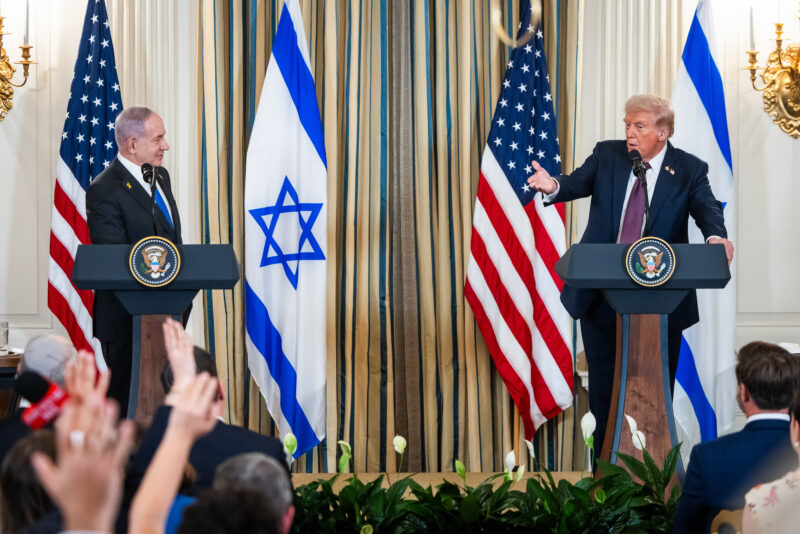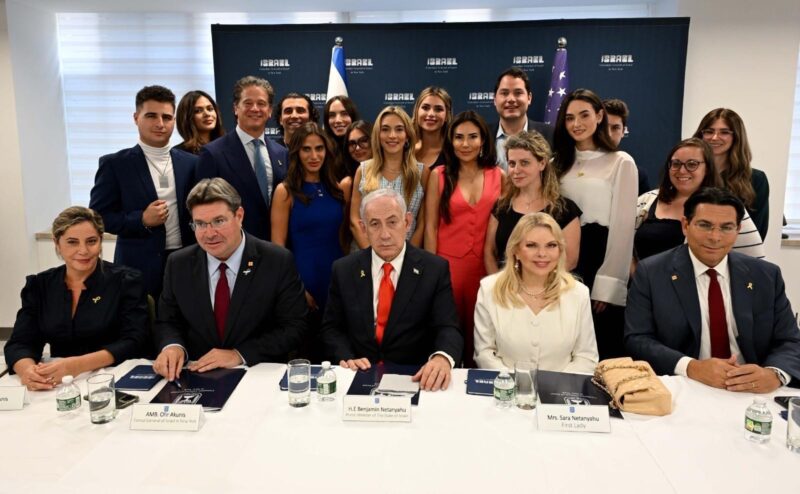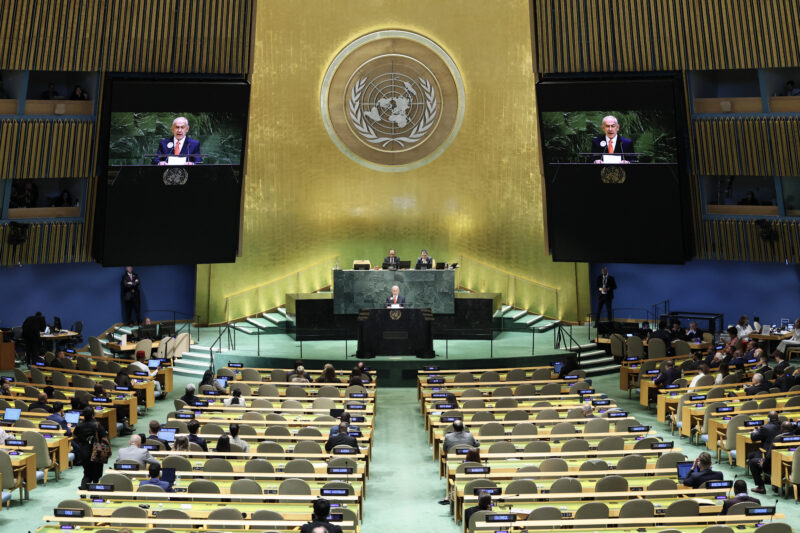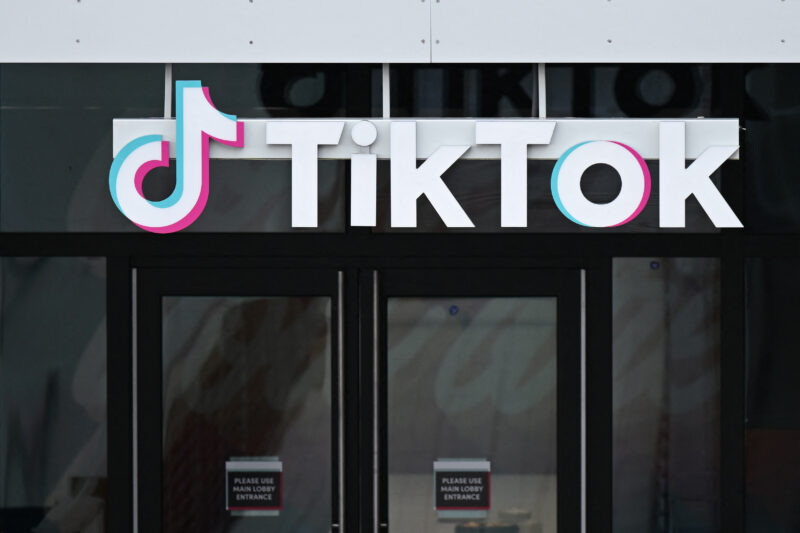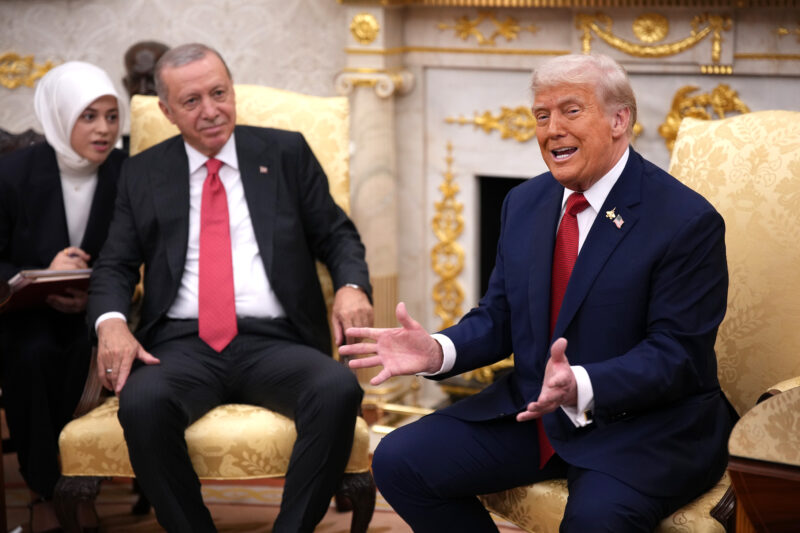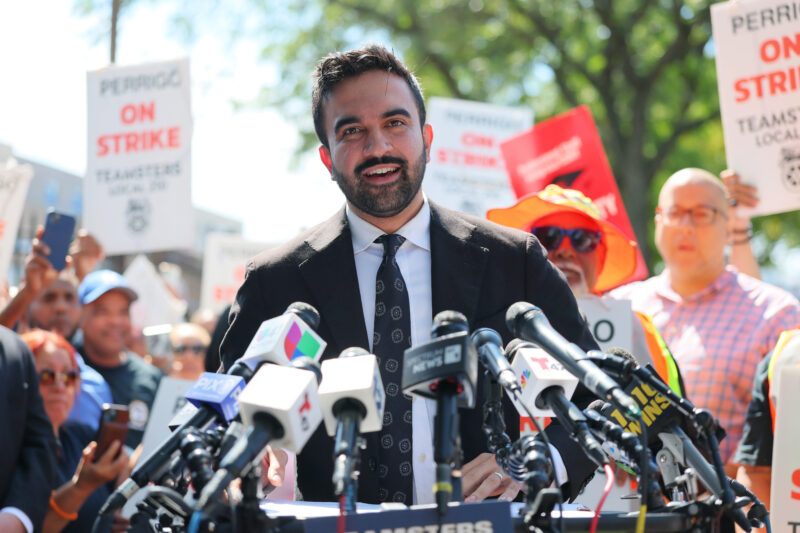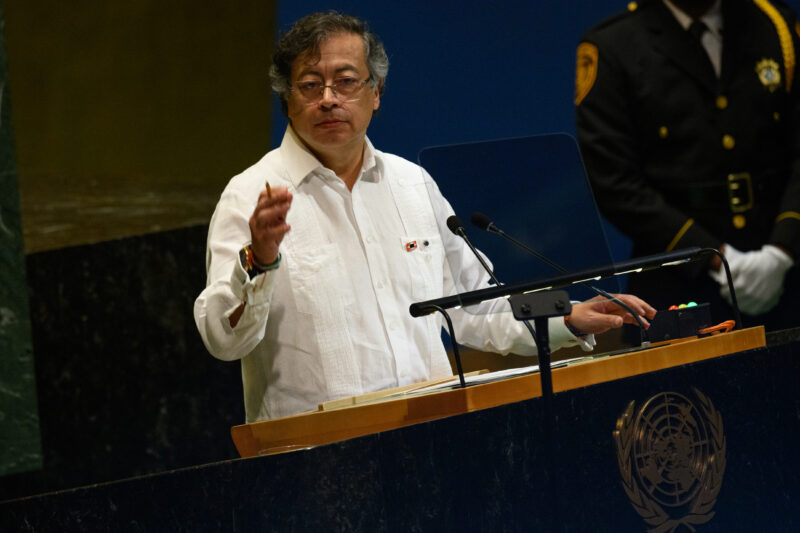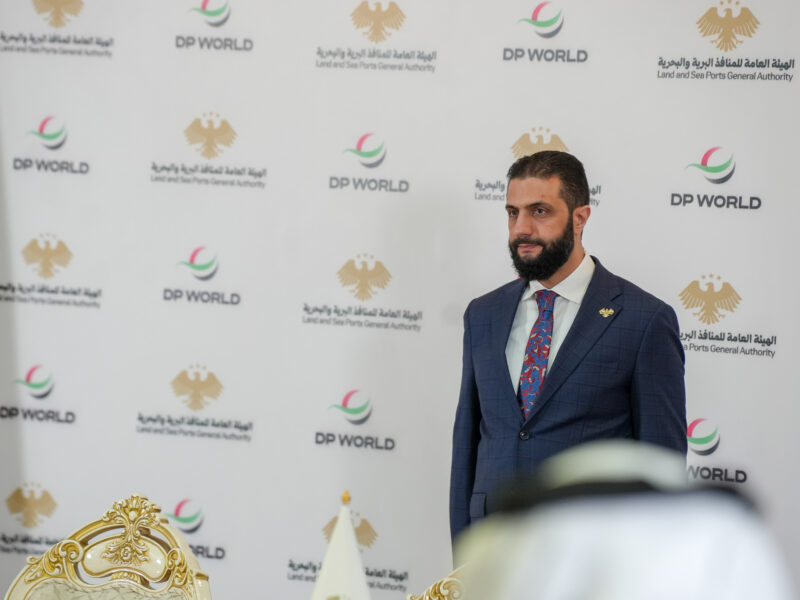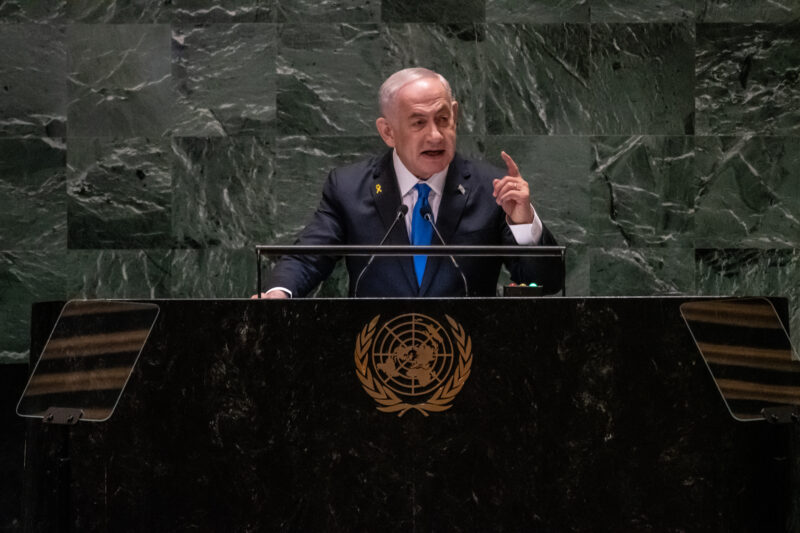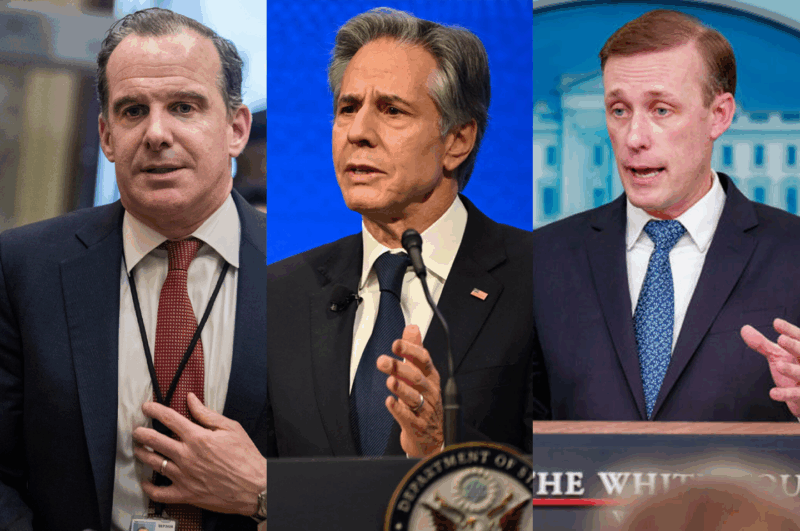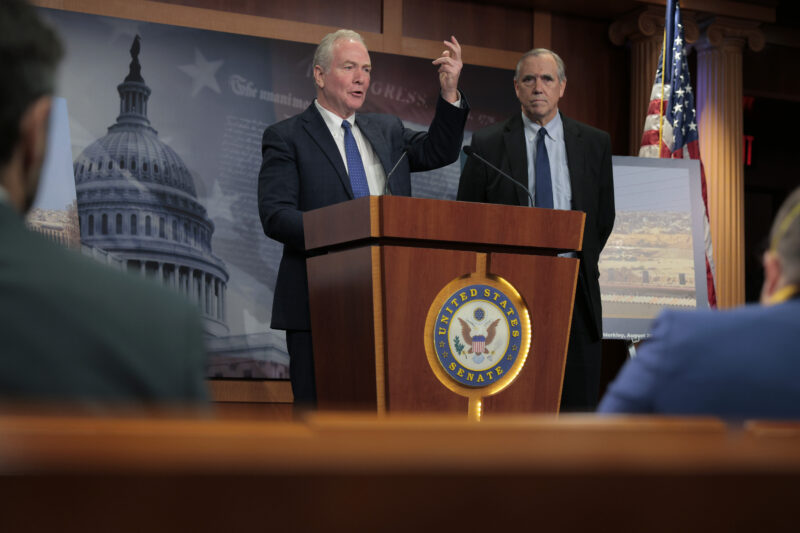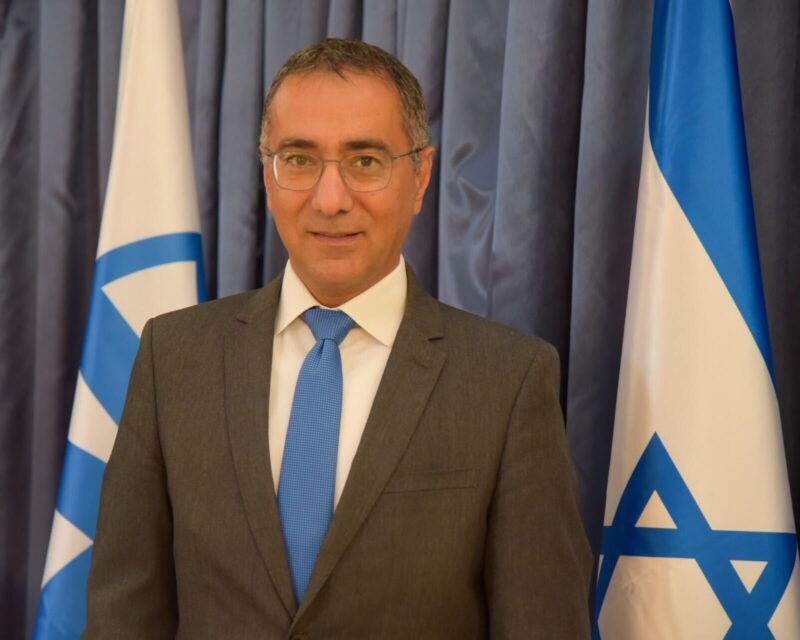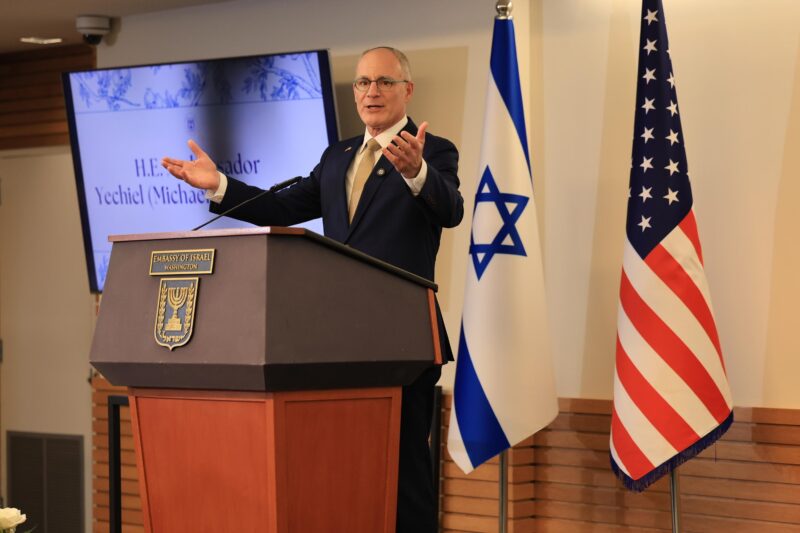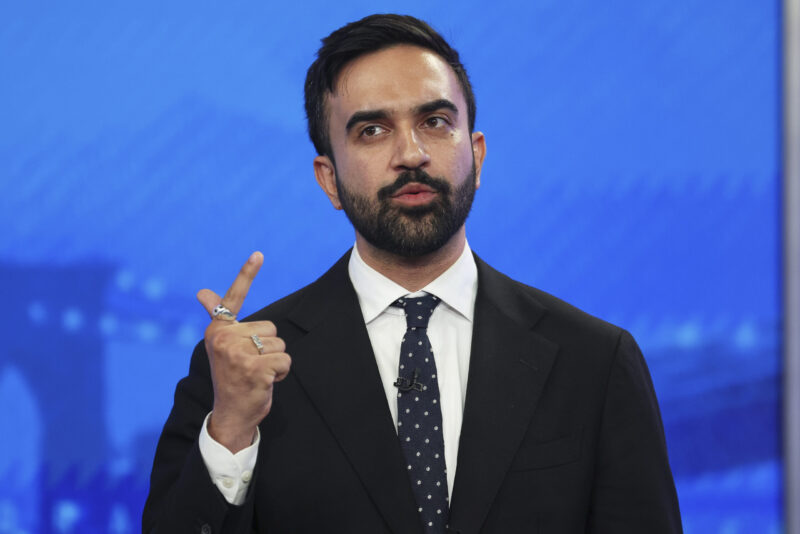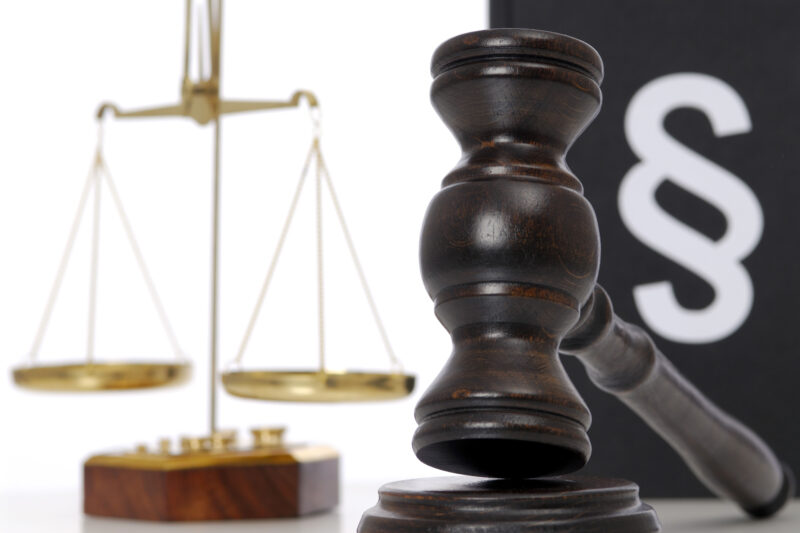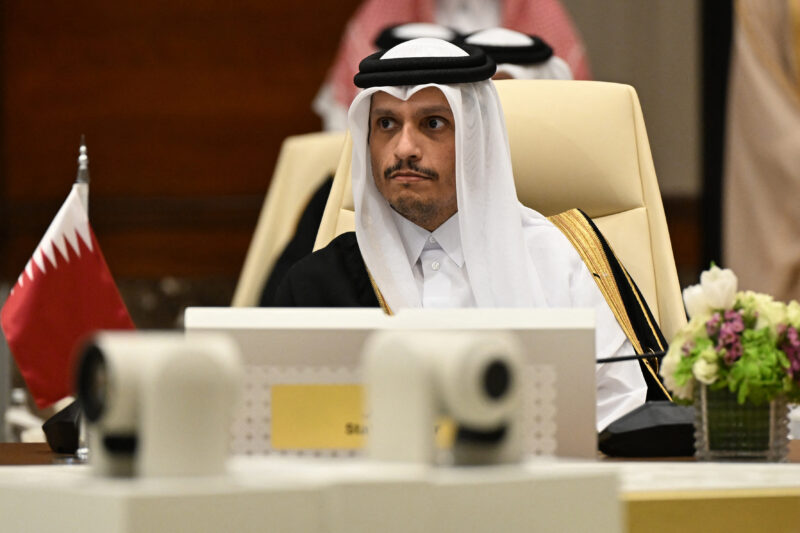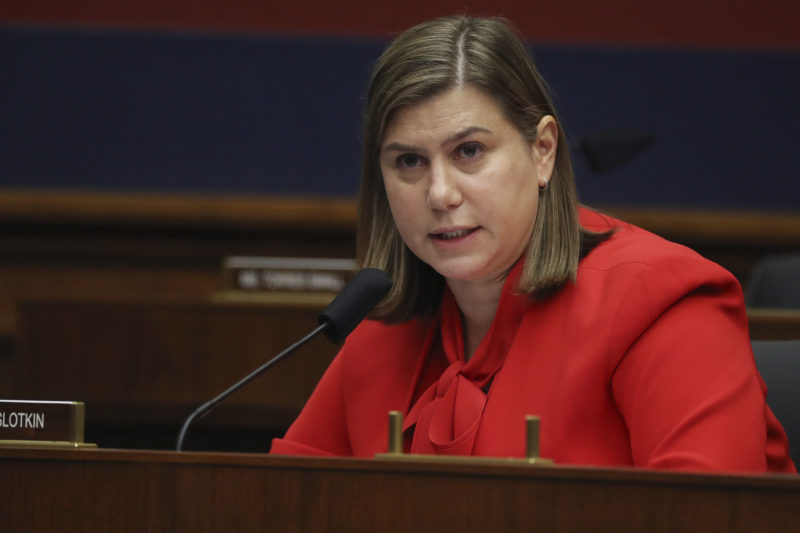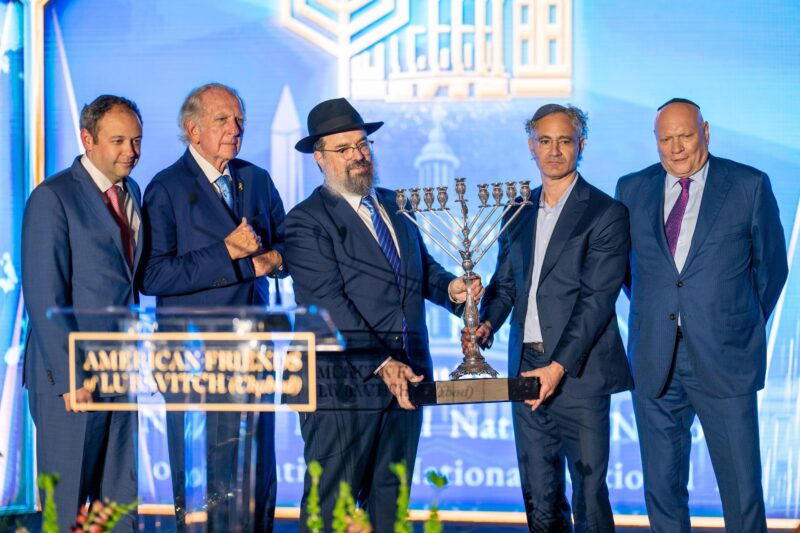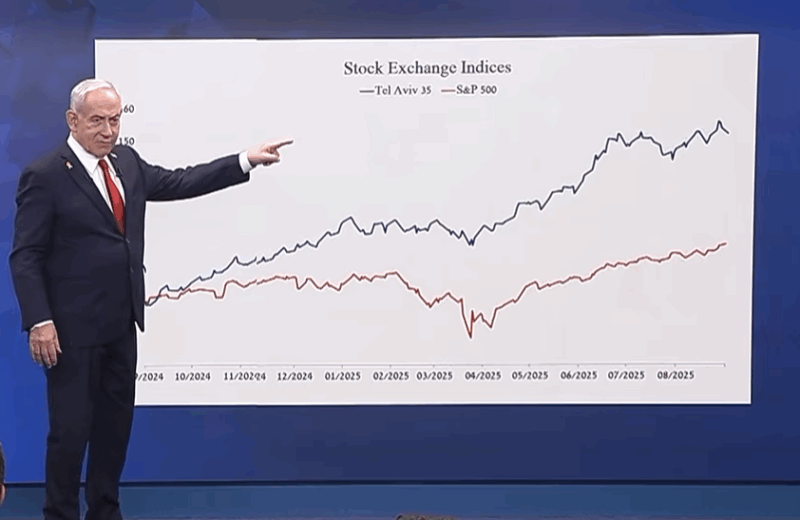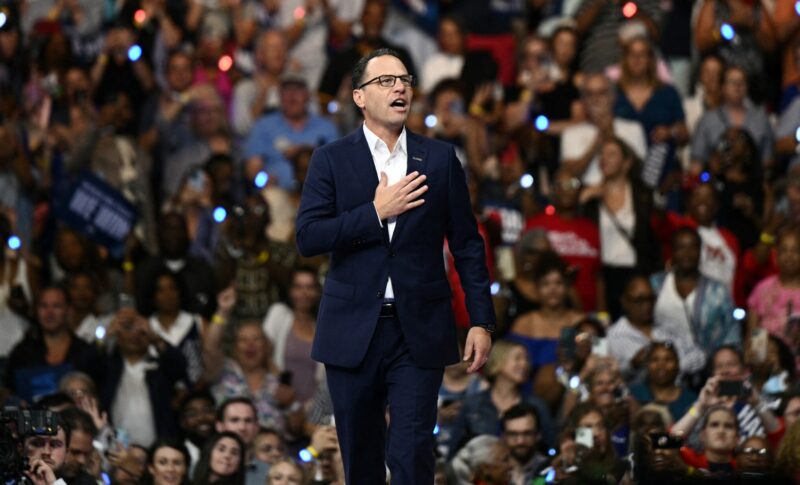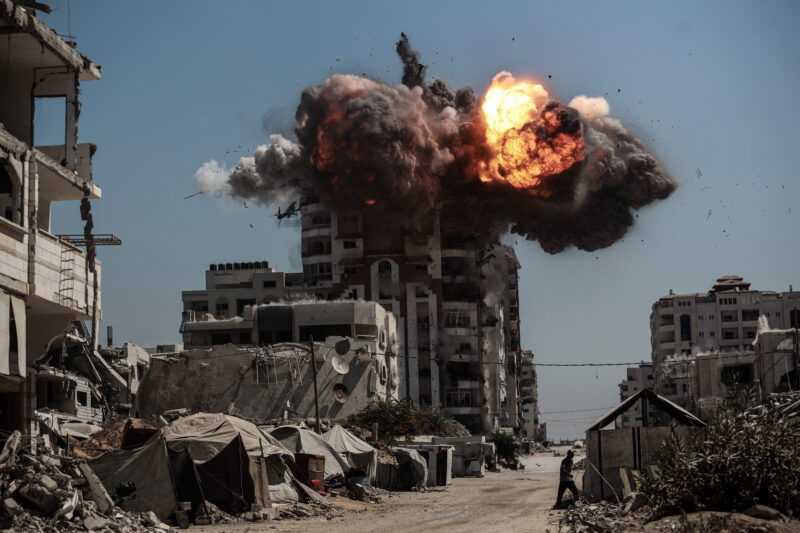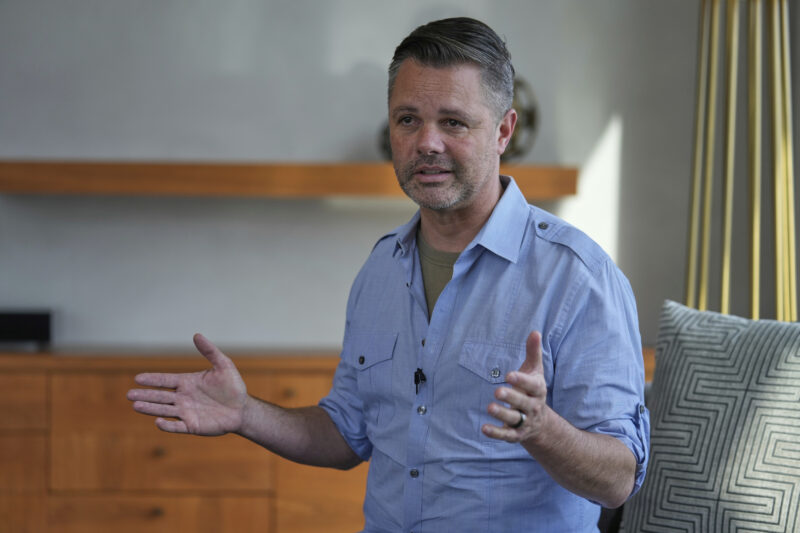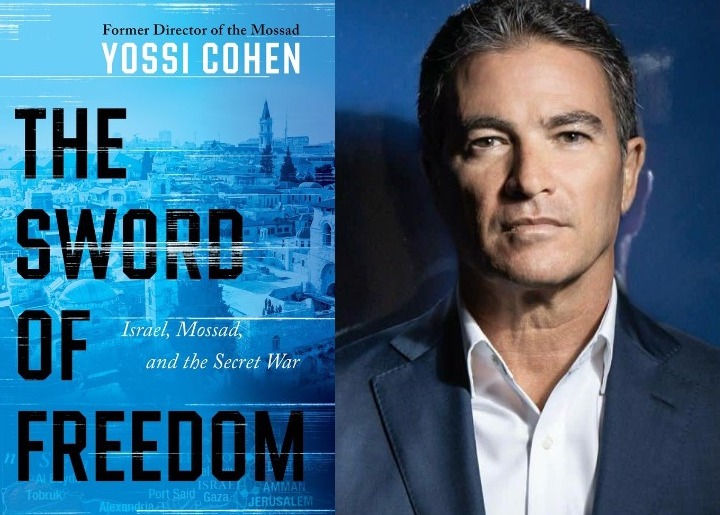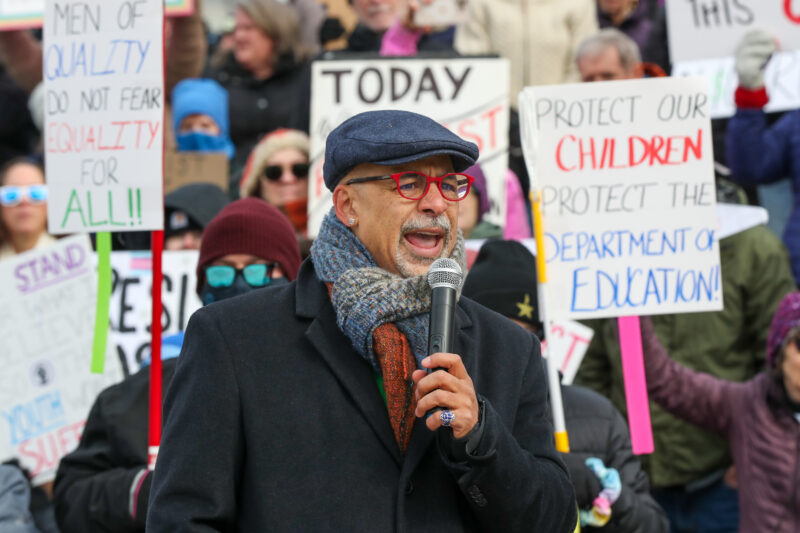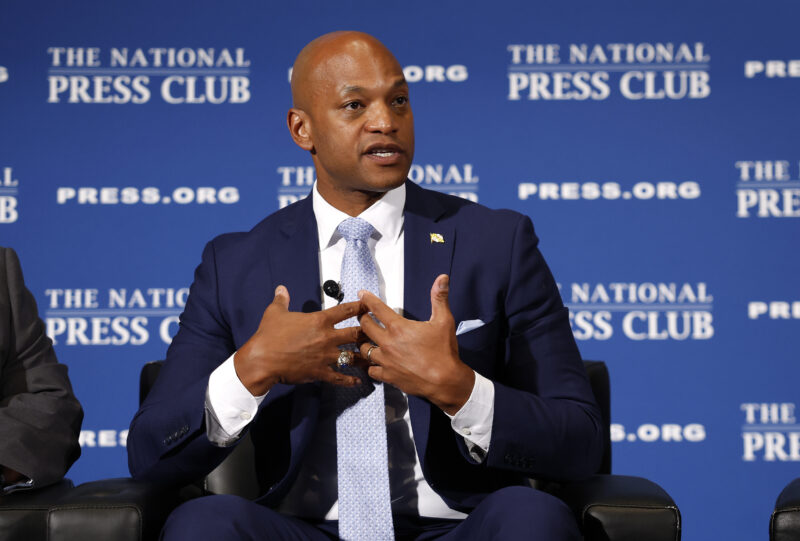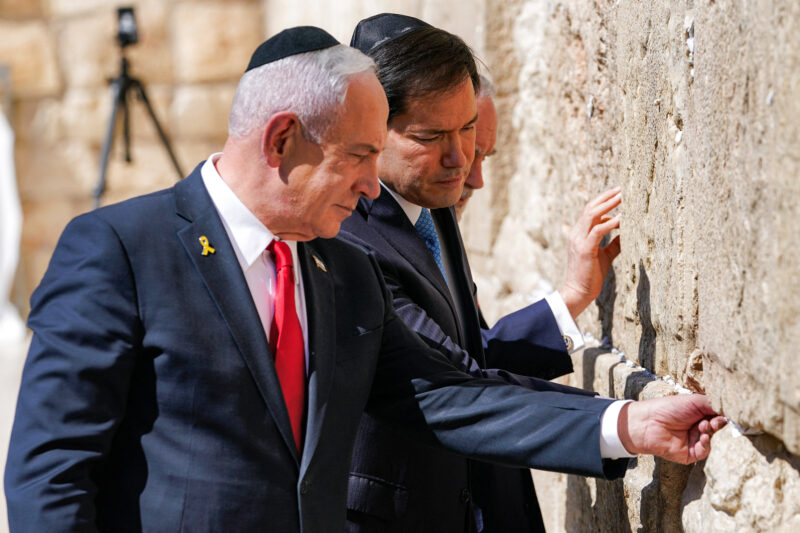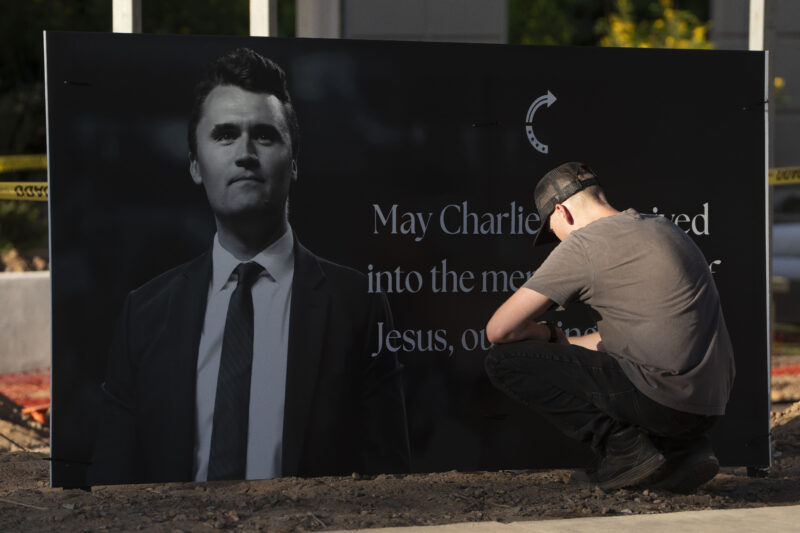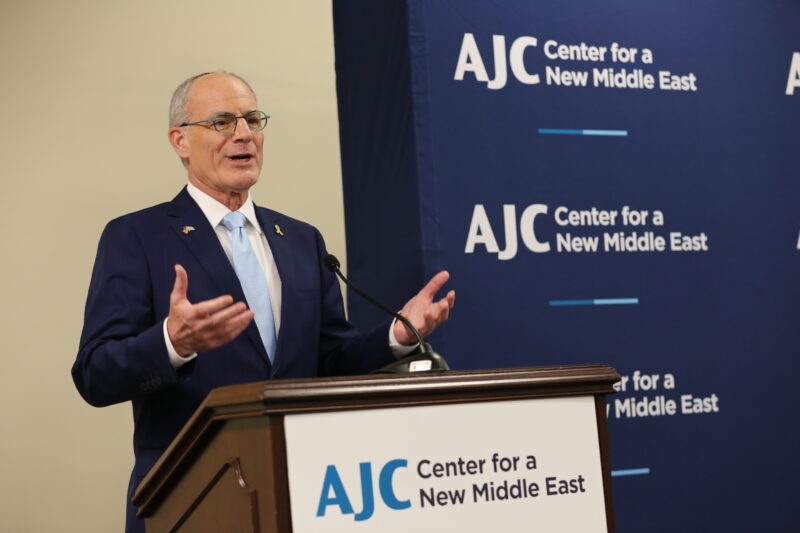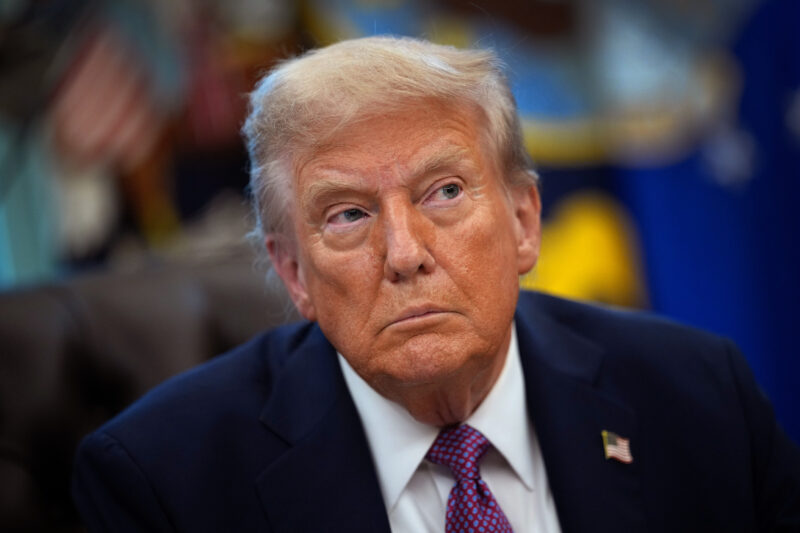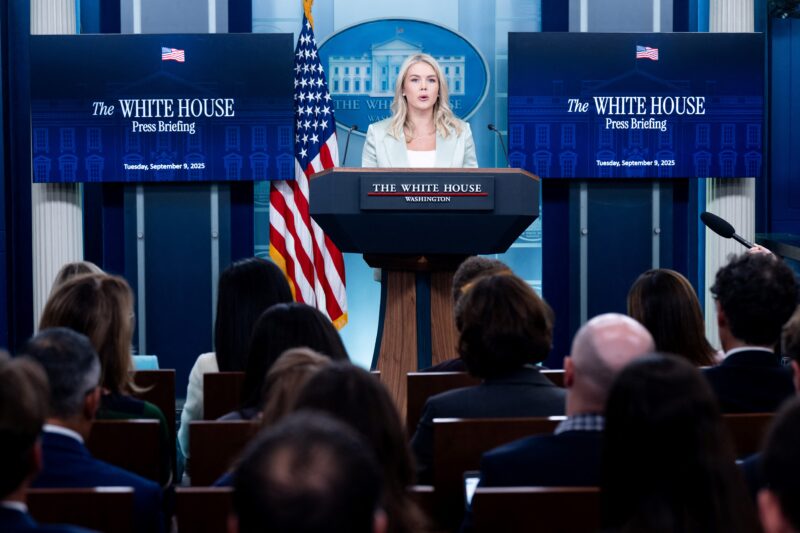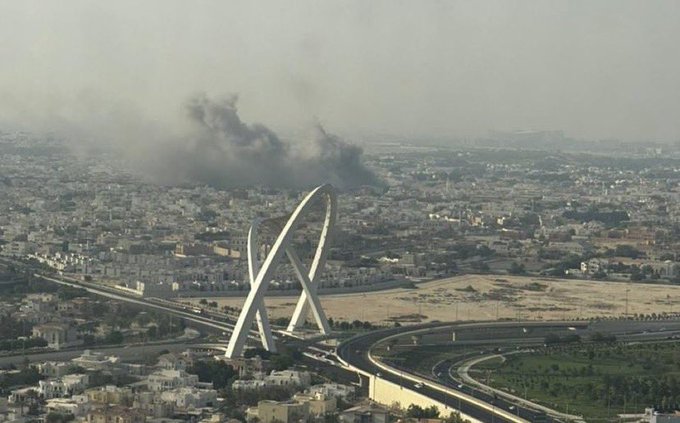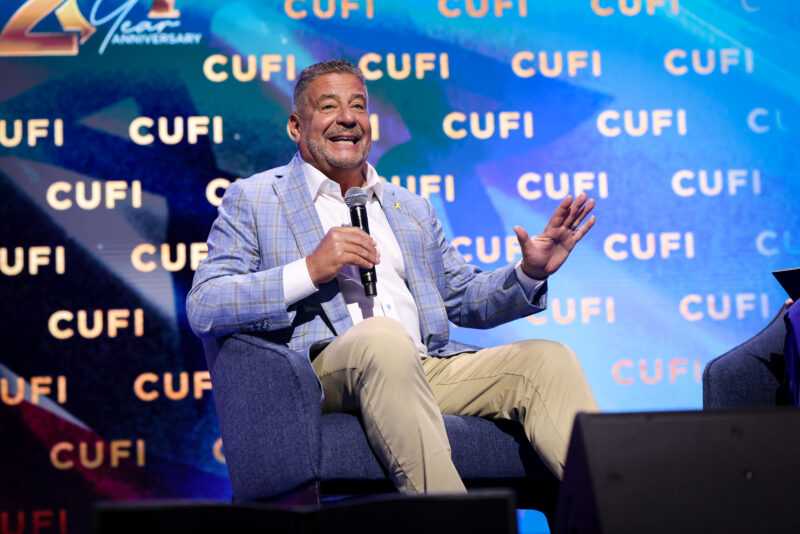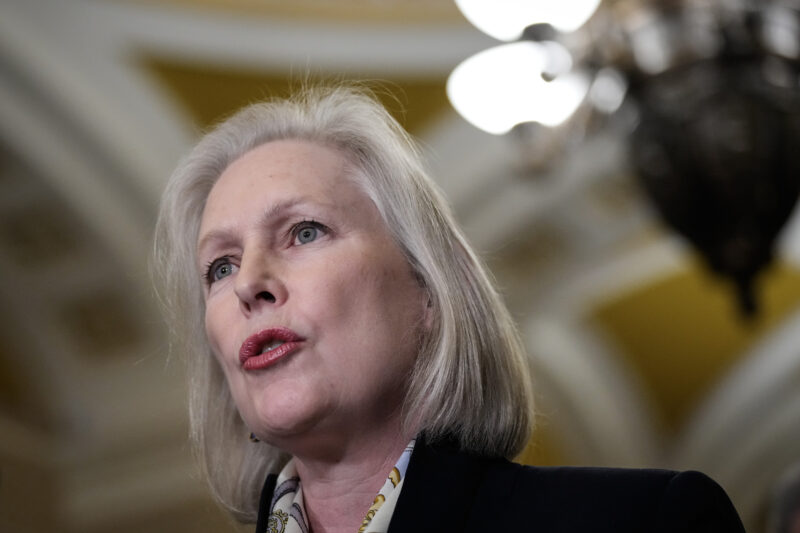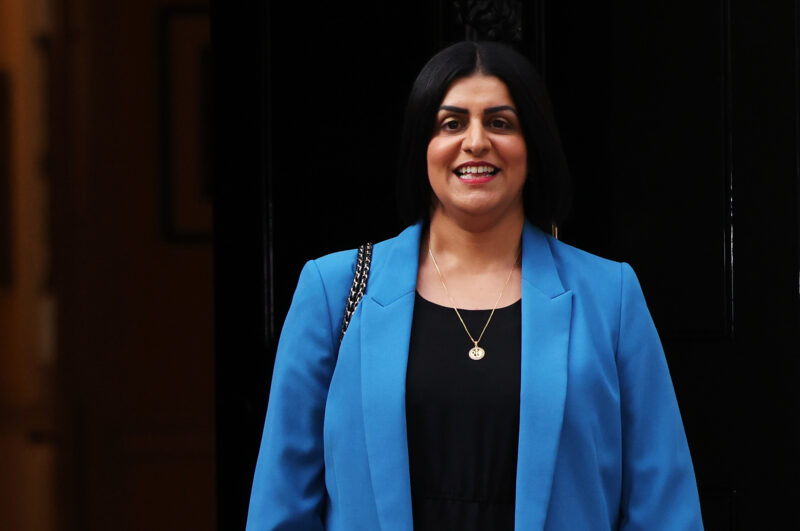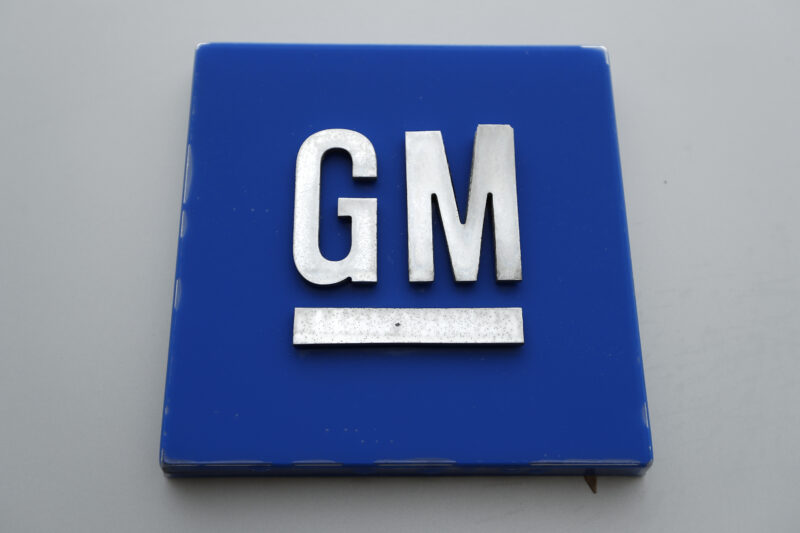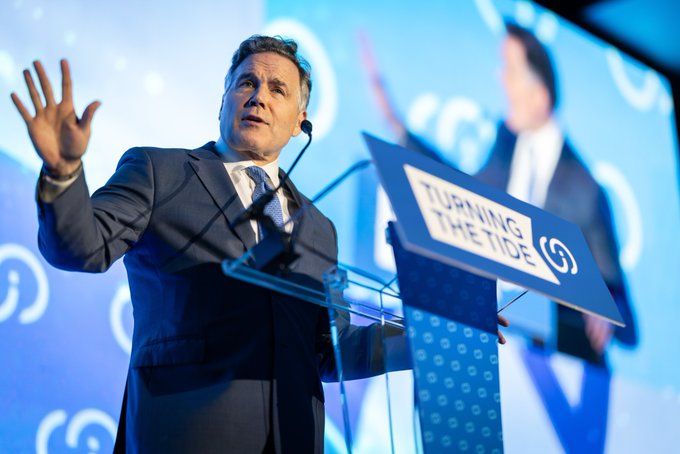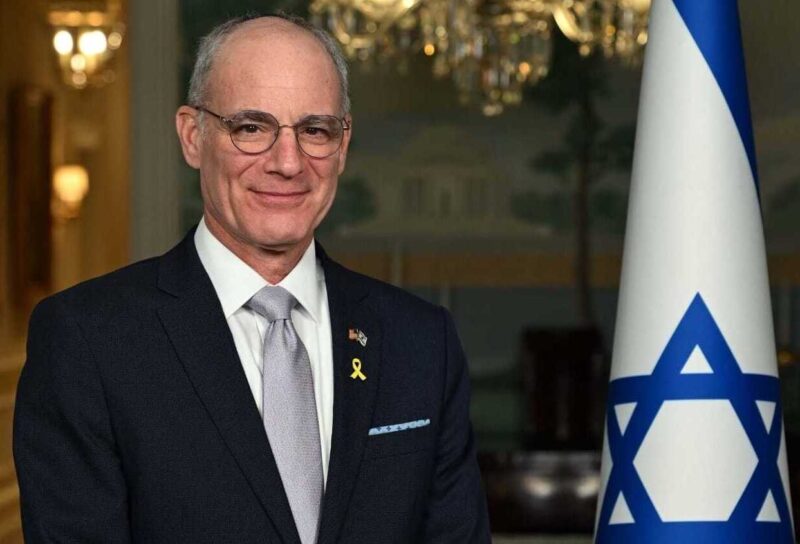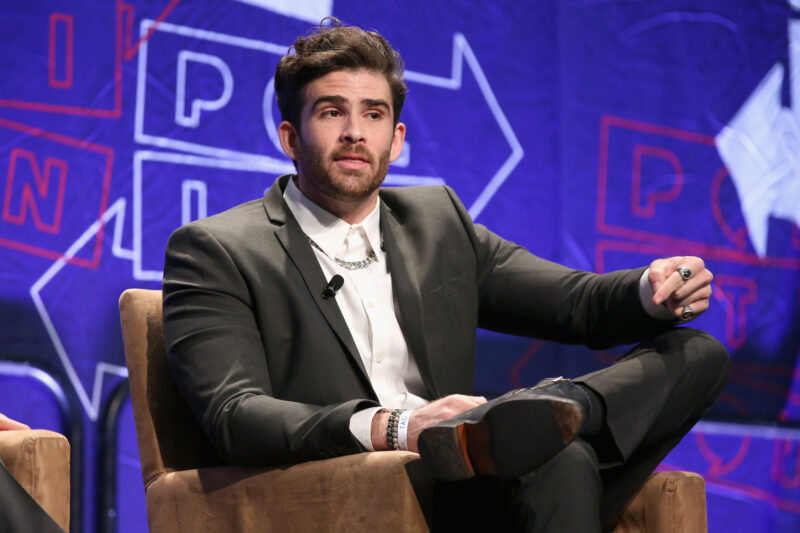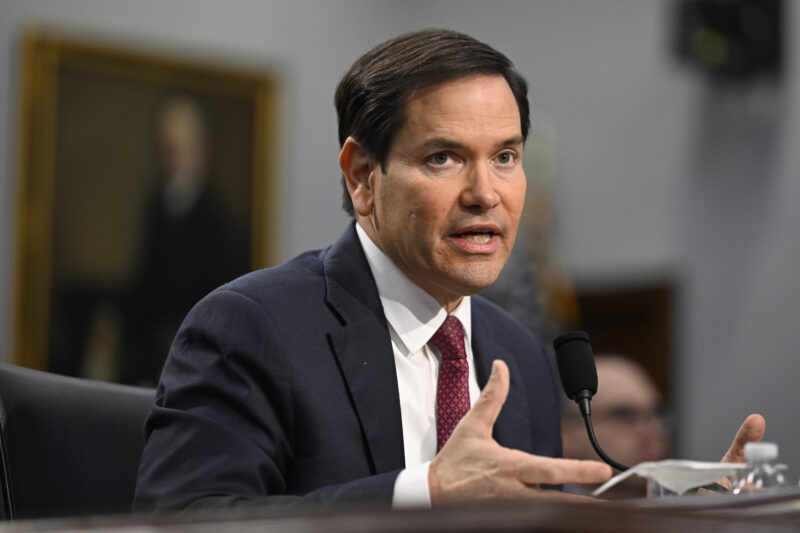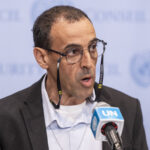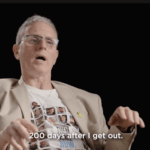Palestinian Authority taking a secret role in Gaza, expert says
Israel’s effort to engage Palestinians unaffiliated with Hamas or Ramallah has mixed results, while experts doubt viability of Israel’s ‘day after’ plan

Mahmoud Issa/Anadolu via Getty Images
Palestinians wait in front of the United Nations (UN) Relief and Works Agency for Palestine Refugees in the Near East (UNRWA) distribution center to receive a limited amount of flour, Gaza City, Gaza on March 18, 2024.
While Israel has persistently rejected the Palestinian Authority as an option for post-war governance of the Gaza Strip, the facts on the ground are starting to indicate some involvement from Ramallah, anyway.
Defending his policies to CNN this weekend, Israeli Prime Minister Benjamin Netanyahu said that “the majority of Israelis support…go[ing] into Rafah, destroy[ing] the remaining Hamas terrorist battalions, mak[ing] sure that we don’t put into Gaza, instead of Hamas, the Palestinian Authority that educates their children towards terrorism and the annihilation of Israel.”
A week before that, Netanyahu told Axel Springer that “once we destroy the Hamas, the last thing we should do is put in Gaza, in charge of Gaza, the Palestinian Authority that educates its children towards terrorism and pays for terrorism.”
The “day after Hamas” plan Netanyahu presented to his Security Cabinet in late February describes, in broad terms, how Israel views the period after it reaches its war aims of destroying Hamas and ensuring the terrorist group will not be a threat, as well as freeing the hostages.
The part of the plan dealing with civilian matters states that “the responsibility for public order in the Gaza strip will be based on local factors with managerial experience. These local factors will not be identified with countries or bodies that support terror and will not receive salaries from them.” In addition, the document proposes a de-radicalization plan, including shutting down UNRWA due to its support for terror.
According to Palestinian affairs expert and Jerusalem Center for Public Affairs Fellow Khaled Abu Toameh, “the clans are making a comeback.”
Clans – the “local factors” mentioned in the day-after document – were the power centers in Palestinian society before the Palestinian Authority was established and took root, and began to view them as a parallel government that threatened them.
Israel has already reached out to some of these ostensibly unaligned Palestinian clans. However, Abu Toameh explained that no one in Gaza can safely be totally unaffiliated. Anyone coordinating humanitarian aid needs the protection of either Hamas or the PA, he added.
Abu Toameh noted that Hamas killed the mukhtar, or chief, of the powerful Doghmush clan in Gaza, which has been involved in terrorism and was affiliated with Al Qaeda. Some reports have said it is because he cooperated with Israel, while Hamas said it was because he was stealing humanitarian aid. The Doghmush clan has since declared that all Hamas leaders are legitimate targets for death.
“Regardless of the motive, this sent a deterring message to other clans,” Abu Toameh said. “There have been statements of some clans pledging allegiance to Hamas and others to the PA, which shows the power struggle between Hamas and the PA in Gaza.”
The Palestinian Authority recently began playing a major role in distributing aid in Gaza, he said.
“In the last few days, we hear a lot about increased cooperation between Israel and the PA to secure aid into Gaza,” Abu Toameh said. “The PA had a lot of Palestinian officers in Gaza before the Hamas coup in 2007 and some of these officers were instructed by the PA to help bring in humanitarian aid trucks to northern Gaza. This was done only after the PA received permission from Israel…It seems that’s why in the last few days there haven’t been any incidents over the delivery of aid.”
The Palestinians working with Israel in recent days “are clan leaders, local officials or activists with Fatah” – the political party dominating the PA – “some are just ordinary people not affiliated with any group, local aid workers,” Abu Toameh said, but argued that they are “pretend” and that all kinds of relief groups have suddenly been established.
“The best-known secret is that the PA has its hand in it,” he said.
A senior Israeli government official, when asked whether Israel and the PA are cooperating despite Netanyahu’s outspoken opposition to PA involvement in Gaza, said: “the prime has been been very clear and consistent about this and the plan for the day after Hamas.”
Coordinator of Government Activities in the Territories, the Defense Ministry unit coordinating humanitarian aid, said that international partners are responsible for the distribution inside Gaza, not them.
This situation not only works well for Israel, whose official position thus far opposes Palestinian Authority involvement, but for the PA, whose “biggest fear is being depicted as coming back into Gaza through Israel, as dancing on the blood [of fellow Palestinians]. So they call them security firms, relief workers, clan members,” Abu Toameh said.
Even if Israel hires private security companies to help distribute aid, as Jerusalem is reportedly weighing, according to NBC, “somebody has to identify people on the ground for them,” Abu Toameh said. “I think it’s a cover for PA security.”
Abu Toameh argued that “Israel should work with any Palestinians who want to work with them. It serves Israel’s interest…Obviously, something is happening, and it’s not necessarily bad.”
Udi Dekel, head of the Institute for National Security Studies Palestinian research program, argued in a paper published this week that PA involvement needs to be deeper and out in the open, saying that the government needs to “sober up from the illusions” — meaning Netanyahu’s “day after” plan — and that “any solution that does not include the Palestinian Authority is irrelevant.”
Dekel endorsed the American call for a “renewed” PA to govern Gaza, but added the condition that it recognize Israel as the national homeland of the Jewish people, exclude Hamas from any government positions, and stop its “pay for slay” program paying terrorists and their families.
“No magic solution will bring stability and rebuilding to Gaza,” he wrote. “Unlike the Israeli prime minister’s vision, a renewed Palestinian Authority returning to power in Gaza is the default option for Israel, especially in terms of the United States and the Arab states, namely Egypt, Jordan, Saudi Arabia and the United Arab Emirates, which will play a key role in the future of Gaza. The advantages of this alternative of a renewed Palestinian Authority is that it can be quickly implemented, it will have the support and backing of the international community, and, most importantly, it will integrate with the normalization process between Israel and Saudi Arabia as well as with the formation of a new regional architecture to counter Iran’s axis of resistance.”
Former National Security Adviser Meir Ben Shabbat, who has continued to advise Netanyahu in an unofficial capacity during the war, argued that “the suspicion Israelis harbor towards the PA and its current or former leaders, and to the possibility of establishing a Palestinian government in the terror city that will not cooperate with Hamas” should not be discounted.
The American position also underestimates the hold Hamas has on the public in Gaza, Ben Shabbat wrote, leading the Biden administration to “hold on to an optimistic assessment regarding the ability to bring about deep change through governmental models under Arab or international auspices, detached from Hamas.”
Col. (res.) Gabi Siboni and Prof. Kobi Michael experts at the Misgav Institute for National Security and Zionist Strategy, which Ben-Shabbat heads, argued that “the only reasonable, relevant and efficient scenario is a temporary Israeli military government in northern Gaza at the first stage, and depending on developments, also in…Khan Younis.” (Disclosure: The author is a fellow at the Misgav Institute.)
A military government would ensure humanitarian aid reaches the population it needs without UNRWA or Hamas involvement while sending a clear sign to the population that Hamas is no longer an option for the day after the war, they argued.
It would also allow for the training of a new civil service that is unaffiliated with Hamas, as well as preparations for regional and international elements to later take over, as envisioned by the government plan, which states that “the rehabilitation of the [Gaza] strip will be permitted only after demilitarization and the start of the de-radicalization process…funded and led by states acceptable to Israel.”




